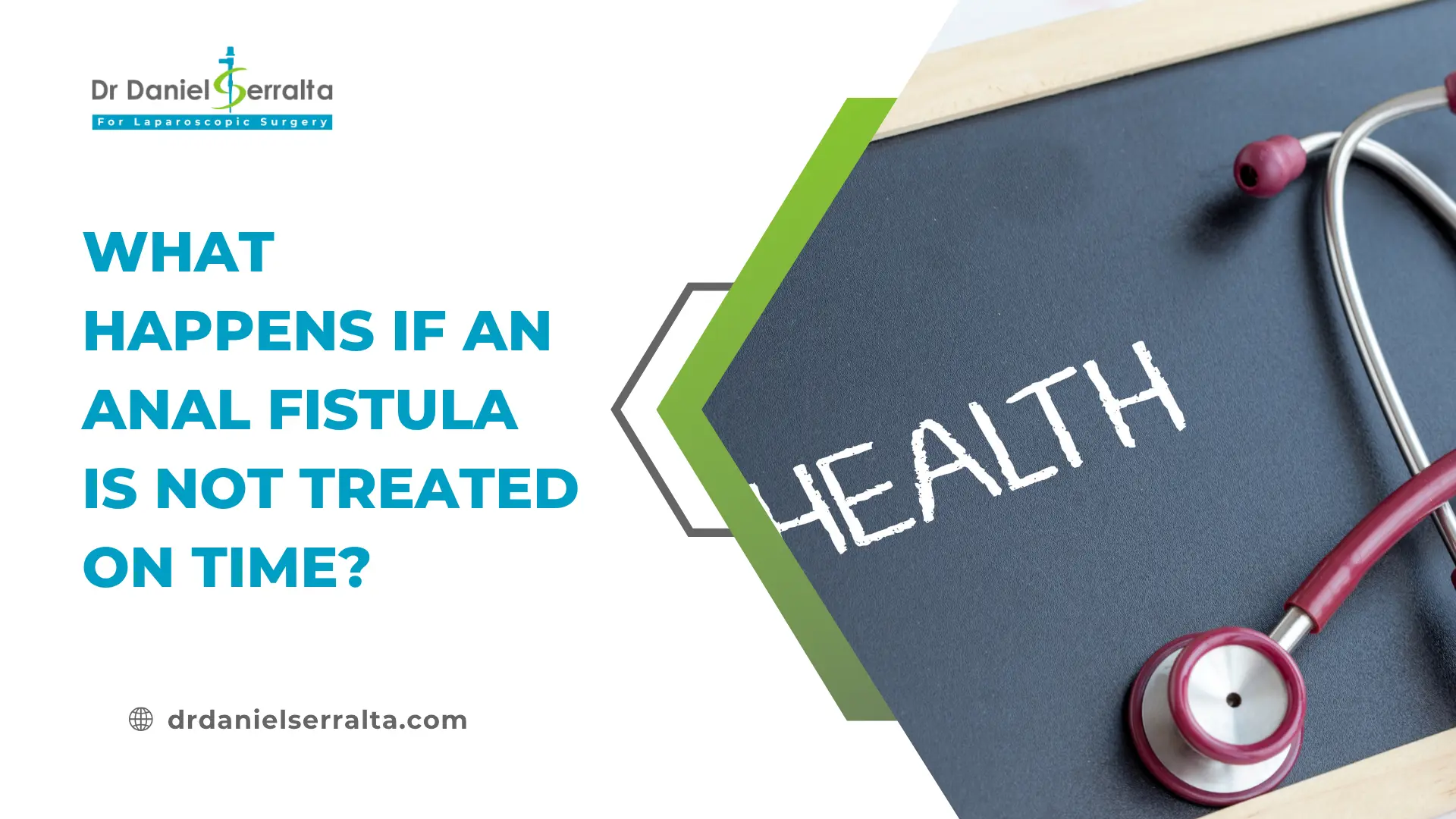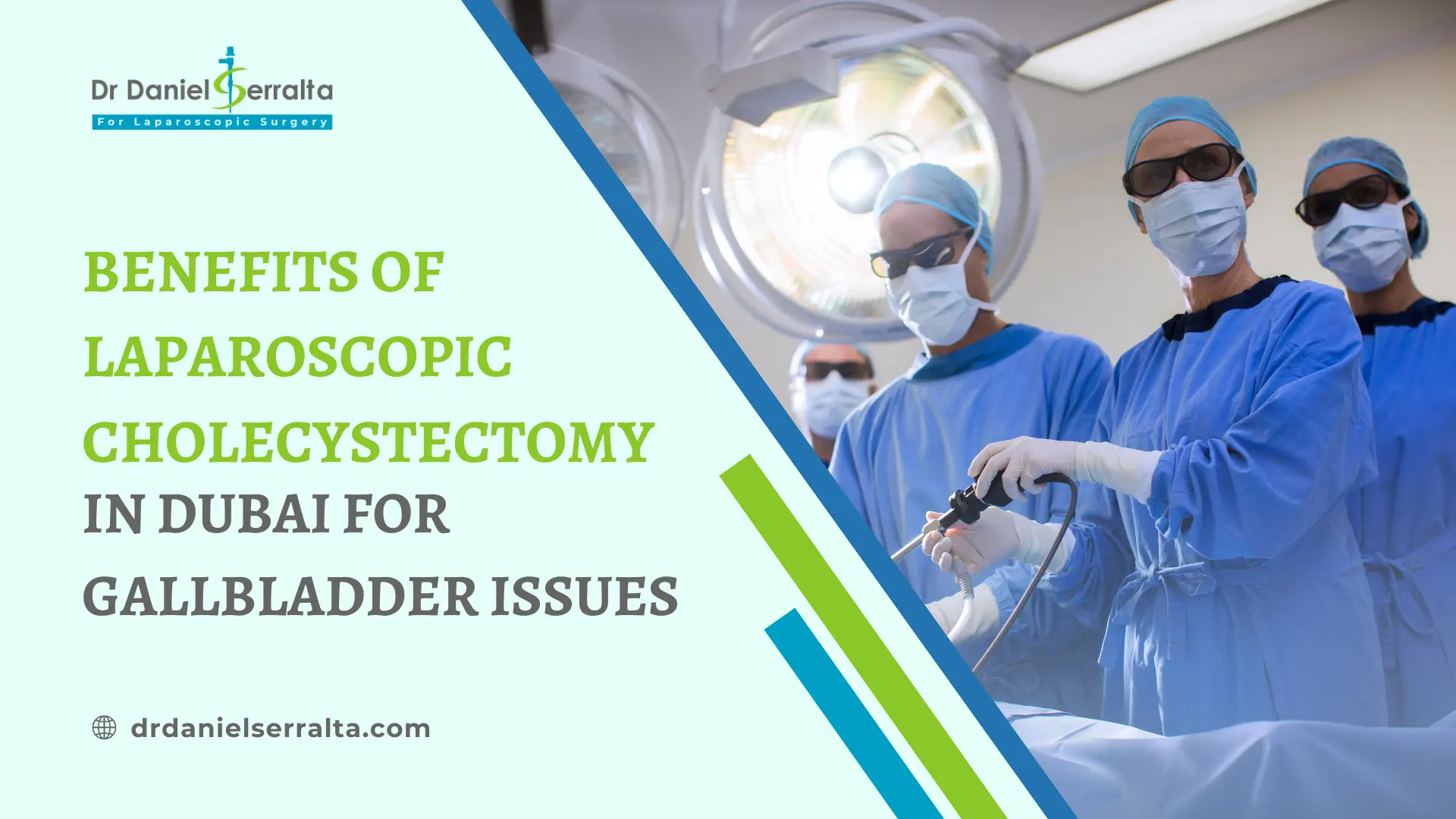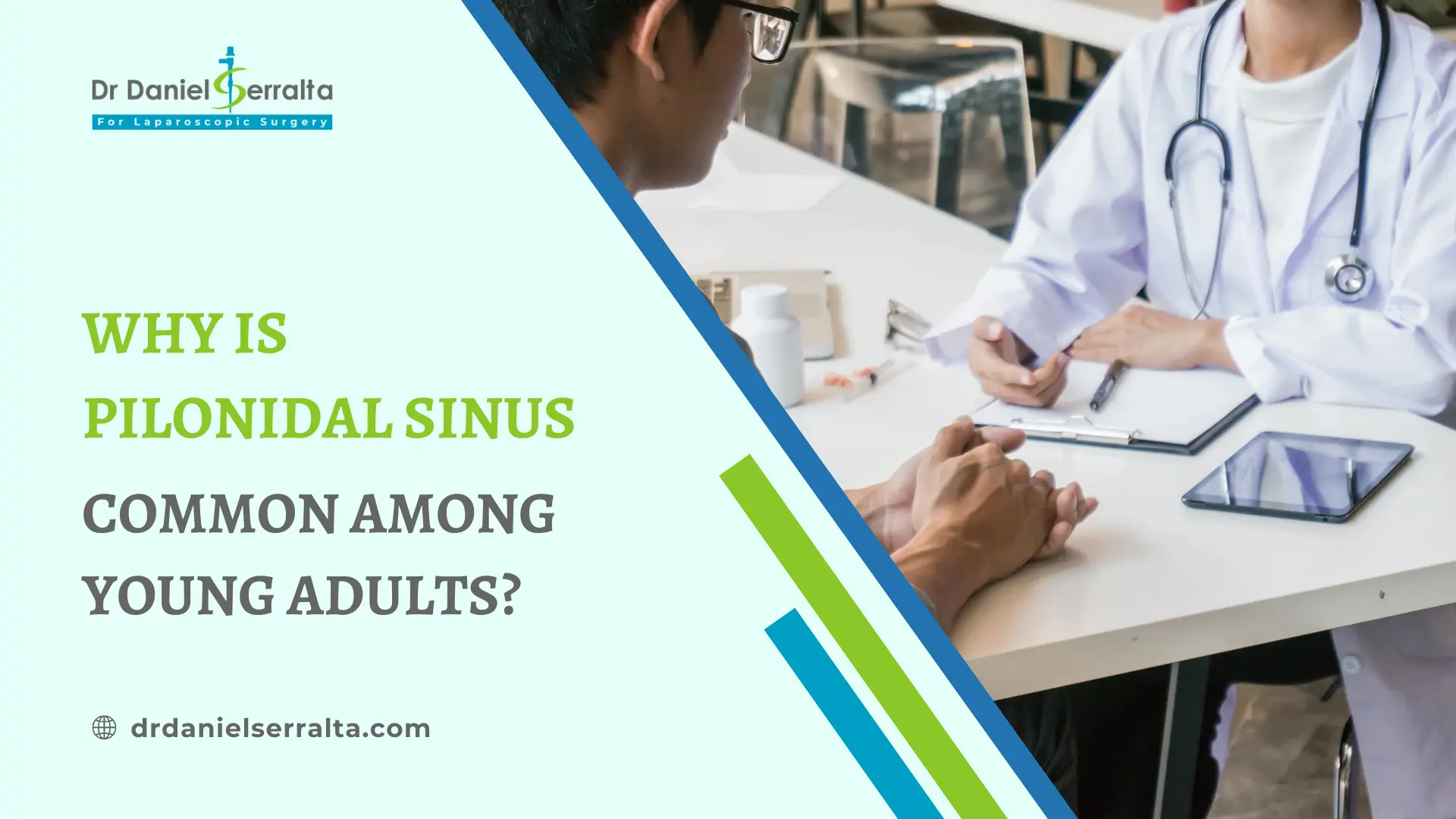What Happens if an Anal Fistula is Not Treated on Time?

It is very dangerous to the anal fistula to not be treated and at the same time to be untreated. Lots of people in Dubai have the habit of neglecting the early signs of a disease, which may later turn into a bigger problem, as they are not presented, and they think that the symptoms will disappear on their own. An anal fistula, however, will not disappear without medical intervention. This article explains what would happen if the fistulas were not treated, and what kind of treatment is available for Anal Fistula Treatment in Dubai.
What Is an Anal Fistula?
An anal fistula is a tunnel that connects an infected anal gland to the skin around the anus. It usually develops after an abscess fails to heal properly. The tunnel allows continuous drainage of pus, which can become chronic and painful. Anal fistulas are more common in men and typically occur in individuals aged 30 to 50.
Fistulas vary in depth and complexity. Some are simple and short, while others form branched or curved tracts. The deeper and more complicated the fistula, the harder it is to treat. Therefore, early detection is crucial.
Why Timely Treatment Matters
When ignored, an untreated anal fistula allows infection to spread deeper. The longer the delay, the higher the risk of complications. Immediate care helps prevent:
- Development of multiple tracts
- Recurring abscesses
- Muscle damage
- Higher surgical complexity
Additionally, early anal fistula treatment is less invasive and offers quicker recovery. Waiting only increases pain and the need for extensive procedures.
Complications of Untreated Anal Fistula
Persistent Discharge and Infection
The most common issue is persistent pus drainage. Patients may experience foul-smelling discharge, discomfort, and frequent changes in clothing. Over time, the area becomes inflamed, increasing the risk of infection.
Formation of Complex Fistula Tracts
Without treatment, the fistula may branch into complex or horseshoe-shaped tracts. These are harder to locate and treat. They also pose a higher risk to the sphincter muscle during surgery.
Fecal Incontinence
As the infection progresses, it can damage the anal sphincter. This can lead to fecal incontinence. Timely treatment avoids compromising the muscles that control bowel movements.
Repeated Abscesses
Fistulas commonly result in recurring abscesses. These abscesses cause swelling, fever, and intense pain. The more often they occur, the more likely surgery becomes complicated.
Systemic Infection
In rare cases, untreated infections may spread beyond the rectal area. Sepsis is a life-threatening condition that requires emergency intervention. Preventing this starts with addressing the initial fistula promptly.
Increased Cost and Recovery Time
Delays often mean more complex anal fistula surgery. Procedures become longer, and recovery extends from days to weeks. In some cases, hospitalization becomes necessary, increasing both costs and disruption.
How Delay Affects Quality of Life
Living with an untreated anal fistula impacts day-to-day comfort. Many patients report:
- Pain during sitting or walking
- Chronic itching and irritation
- Embarrassment due to discharge or odor
- Anxiety over worsening symptoms
Even simple activities like commuting or socializing become difficult. Moreover, the emotional stress adds to the physical discomfort.
Diagnosis and Treatment Options in Dubai
Diagnosis
Physicians in Dubai start with a physical exam to locate the internal and external openings. In complex cases, imaging techniques such as MRI or endoanal ultrasound are used.
Treatment Options
Fistulotomy: Ideal for simple tracts; the tunnel is opened to heal naturally.
Seton Placement: A thread drains the infection slowly, ideal for high-risk or complex fistulas.
Fistulectomy: The complete tract is removed, often under general anesthesia.
Flap Surgery: Used when the fistula passes through critical muscle structures.
Laser Ablation & VAAFT: Minimally invasive options now available through anal fistula surgery in Dubai.
The best fistula treatment in Dubai often includes advanced techniques that aim to preserve sphincter function. Recovery typically depends on the fistula’s complexity and the method used.
Prevention and Self-Care
While not all fistulas are preventable, you can reduce risk by:
- Managing abscesses promptly
- Maintaining proper hygiene
- Staying hydrated and eating fiber-rich foods
- Avoiding constipation and straining
Timely anal fistula treatment in Dubai can prevent these issues from escalating.
When to See a Specialist
See a doctor if you notice:
- Persistent or smelly discharge
- Pain near the anus
- Swelling or redness
- Fever or chills
If symptoms persist for more than a week, consider seeking expert fistula treatment in Dubai. Early diagnosis by a colorectal specialist helps avoid further health risks.
Conclusion
If an anal fistula remains untreated, it can become a serious case of chronic pain and complications. Continuous discharging to systemic infection, the dangers become worse and worse as time goes on. However, the latest anal fistula treatment in Dubai offers minimally invasive procedures that result in shorter recovery times.
Early symptom detection and a specialist’s consultation give you the best odds of regaining complete health. Do not wait until the pain turns into a complicated condition—seek professional assistance as soon as the symptoms occur.
Consult Dr. Daniel Serralta for advanced care and specialized Anal Fistula Surgery in Dubai.
FAQs
1. Can an anal fistula heal without treatment?
No. Fistulas require medical or surgical intervention to resolve fully.
2. Is anal fistula surgery painful?
Discomfort is usually manageable and less severe with minimally invasive techniques.
3. How long does recovery take?
Recovery varies by procedure but typically lasts 1–3 weeks.
4. What are the risks of delaying treatment?
Delay can cause infection, incontinence, or systemic complications like sepsis.







